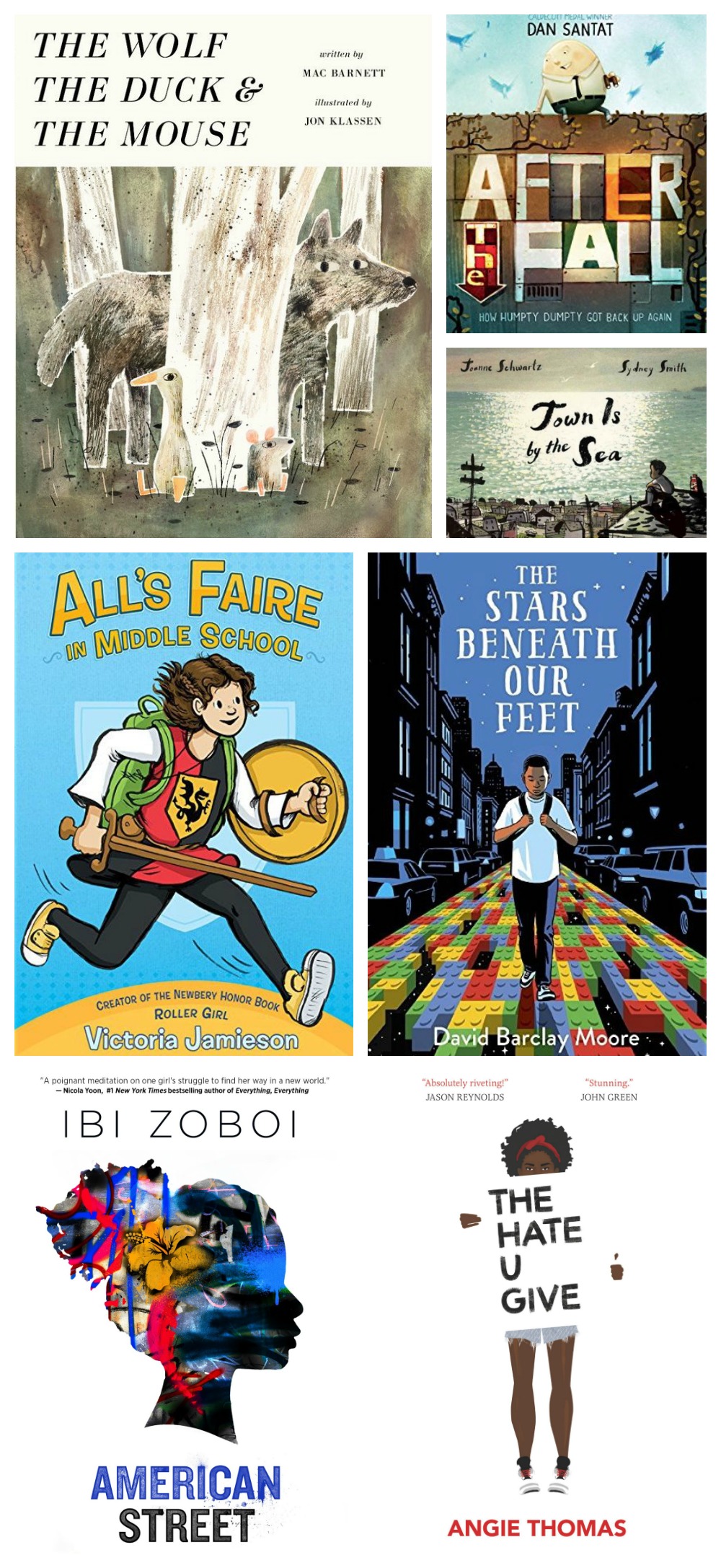
They also reflected the fragmentation of culture brought about by social media. Jonathan Franzen’s The Corrections, one of our panel’s favorite books, came out ten days before the World Trade Center fell subsequent novels reflected that cataclysm’s destabilizing effects, the waves of hope and despair that accompanied wars, economic collapse, permanent-seeming victories for the once excluded, and the vicious backlash under which we currently shudder. This mini-era packed in the political, social, and cultural shifts of the average century, while following the arc of an epic narrative (perhaps a tragedy, though we pray for a happier sequel). The aughts and teens represent a fairly coherent cultural period, stretching from the eerie decadence of pre-9/11 America to the presidency of Donald Trump.

But the time frame is not quite as random as it may seem. The purpose was not to build a fixed library but to take a blurry selfie of a cultural moment.Īny project like this is arbitrary, and ours is no exception. We asked each of them to name several books that belong among the most important 100 works of fiction, memoir, poetry, and essays since 2000 and tallied the results. A couple of months ago, we reached out to dozens of critics and authors - well-established voices (Michiko Kakutani, Luc Sante), more radical thinkers (Eileen Myles), younger reviewers for outlets like n+1, and some of our best-read contributors, too. Its supposed permanence became the subject of more recent battles, back in the 20th century, between those who defended it as the foundation of Western civilization and those who attacked it as exclusive or even racist.īut what if you could start a canon from scratch? We thought it might be fun to speculate (very prematurely) on what a canon of the 21st century might look like right now. Born of the ancient battle over which stories belonged in the “canon” of the Bible, the modern literary canon took root in universities and became defined as the static product of consensus - a set of leather-bound volumes you could shoot into space to make a good first impression with the aliens. Fifth St., Los Angeles CA 90071 or call (213) 228-7555.Okay, assessing a century’s literary legacy after only 18 and a half years is kind of a bizarre thing to do.Īctually, constructing a canon of any kind is a little weird at the moment, when so much of how we measure cultural value is in flux.

Foundation members receive a variety of benefits with their membership. The Library Foundation is a non-profit organization that raises funds for Library enhancement programs such as adult and early literacy, children and teen reading clubs, technology, and cultural programs. Join the Library Foundation of Los Angeles.

For more information click here or talk to your local librarian. Friends groups raise money for improvements to their library through memberships, used book sales and other activities. There is a “Friends of the Library” group for most branch libraries and departments of the Central Library. You can support the Los Angeles Public Library in several ways:

With more people than ever before using the library-a record 17 million last year alone-your support helps the Library provide people with the resources they need to succeed and thrive.
NYTIMES BOOKS FREE
Through its Central Library and 72 branches, the Los Angeles Public Library provides free and easy access to information, ideas, books and technology that enrich, educate and empower every individual in our city's diverse communities. The Los Angeles Public Library serves the largest most diverse population of any library in the United States.


 0 kommentar(er)
0 kommentar(er)
